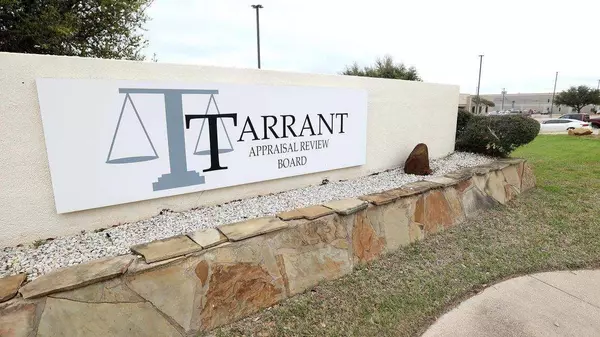The Purpose of a Home Inspection


A home inspection is probably one of the most underrated and important pieces of the home buying process. A certified inspector will spend approximately 2-3 hours conducting an inspection and testing on the property. An inspection report that highlights proposed repairs can save potential buyers thousands of dollars. If you are a first time home purchaser, your realtor should strongly suggest that you pay for the inspection. There are very few reasons why a buyer would want to decline one.
Quick note: Usually an inspection is contingent upon the sale of the home. This will allow the buyer to cancel or re-negotiate the sale based upon what the inspector uncovers.
It's usually not required, and although the buyer is normally responsible, it is often negotiable between both parties. A motivated seller may even have taken initiative and have a current inspection for your review. This is called a pre-inspection. If the homeowner lives in an old home and suspects that there will be several repairs, then a pre-inspection might be suggested. This will prevent any potential surprises.
Here is what a home inspection covers, what its purpose is, and how much you can expect to pay for one.
The Motivation for an Inspection
The purpose of the home inspection is to discover any defects in the home that exist. Some will need to be repaired, while others won't require any immediate attention.
Below you can view some of the important parts of the home inspection should cover, or look for:
- Mold
- Pests
- Water Damage
- Electrical Systems
- Plumbing
- Foundation/Structural
- Components
- Status of Roof and Chimney
- HVAC
- Ceiling Floors
Usually, it's recommended that the buyer remain on-site while the inspector completes the inspection. This serves as two-fold.
1. You can ask potential questions you have about the process or point out any concerns.
2. It gives the buyer an opportunity to observe the inspection process in its entirety. The inspector may point out details that you can expect to view in the report.
After the inspection is completed, then you will receive a full report of what the inspector uncovered. The report should be carefully scrutinized. Remember that no home is perfect. So you will discover items that may need some sort of repair. In many cases, the report will highlight a multitude of items. Many will be so minor that you won't care. However, a homeowner should be aware of all of the items in the report.
Be sure and share this report with your realtor. They should have prior knowledge of what might raise a red flag. In the event that there are repairs that need to be conducted, have your realtor relay the information to the buyer or the buyer's realtor.
This can lead to further negotiations in the home process.
Unfortunately, an inspection can even uncover issues that will cause the sale to be canceled.
Be aware that a buyer shouldn't ask for smaller repairs to be made. These are usually cosmetic or a nominal fee to repair. Some of these will include:
- Loose doorknobs
- Exterior or interior paint
Sellers should walk away from buyers who ask for small repairs to be made. Re-negotiating isn't advised under these specific conditions. Read more about sellers mistakes here.

The Cost of a Home Inspection
"Each inspection will be different. The total cost will vary based upon the size of the house, the location, and the age" says Greg Covell, a Maple Ridge real estate agent. If you are purchasing a brand new home you should expect the home to be in near perfect condition.
Our experts at Rentkidz estimate that the cost for a home inspection will be between $300 to $600.
How did we arrive at this number? Some companies actually publish their costs online. Here is a rundown of a company in Texas that illustrates this.
- 2500 square feet and under is a flat rate of $395
- Homes above 4000 square feet will be charged an additional 14 cents per square foot
- Swimming pools cost an additional $100
- A home older than 30 years, +$100.
- Sprinkler System +$50
Buying a home is probably the largest monetary purchase for most people in their lifetime. Spending a few hundred dollars on a report makes complete sense. Roof repairs alone can cost well over five thousand dollars!
Written by Chandler Crouch
Broker/Owner at Chandler Crouch Realtors
See more media features on our News page
Categories
- All Blogs (119)
- Basics (17)
- Buyer Psychology (3)
- Career (1)
- CCR in the News (14)
- Community (23)
- Downsizing (3)
- Election (6)
- Financial Advice (14)
- Foreclosure (1)
- Heritage Subdivision (3)
- Home Refinancing (4)
- Home Search (2)
- How-to (22)
- HUD Homes (2)
- Just for fun (10)
- Legislative Involvement (6)
- Making an offer (5)
- Mortgage (2)
- Negotation (4)
- Preparing to Sell (10)
- Print media (3)
- Property Tax (53)
- Real Estate Market Report (26)
- Robert Montoya (1)
- Sell (1)
- Senior Housing (1)
- State (5)
- Static (1)
- TAD Reform (8)
- Tarrant County (15)
- Testifying (2)
Recent Posts











